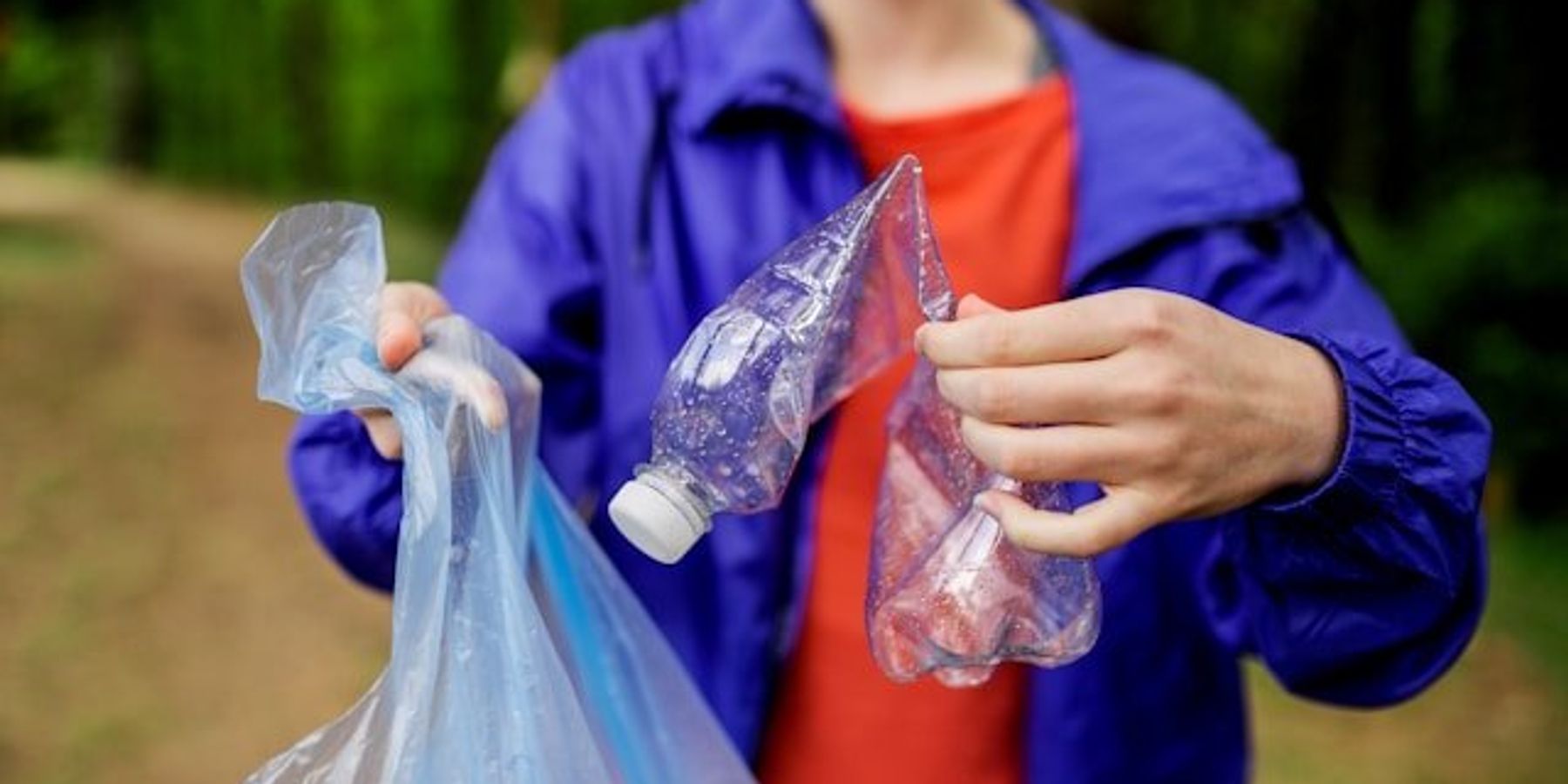
Doubts about prospects for global plastic pollution deal following collapse of Geneva talks
A sixth round of United Nations negotiations to curb plastic pollution collapsed in Geneva last week, with diplomats citing the United States’ hardening stance under the Trump administration as a key obstacle to progress.
Olivia Le Poidevin and Emma Farge report for Reuters.
In short:
- Talks aimed at creating a legally binding global treaty on plastic pollution ended without agreement after 11 days, as negotiators failed to find consensus on capping plastic production.
- The U.S. delegation rejected proposals to limit new plastic output, arguing such measures would hurt domestic industries and raise consumer costs, while advocates accused the U.S. of blocking key provisions.
- Some delegates now doubt that a global deal can be reached under the Trump administration, with some calling for alternatives like voting mechanisms or separate agreements among willing nations.
Key quote:
“Consensus is dead. You cannot agree a deal where all the countries who produce and export plastics and oil can decide the terms of what the deal is going to be.”
— Bjorn Beeler, International Pollutants Elimination Network (IPEN)
Why this matters:
Plastic pollution has surged in recent decades, clogging oceans, poisoning wildlife, and seeping into the human body via food and water. The vast majority of plastics are made from fossil fuels, and without limits on production, cleanup efforts can’t keep pace with rising waste. Scientists have linked plastic exposure to hormone disruption, cancer risks, and other health threats. At the same time, plastic waste poses serious environmental justice concerns, disproportionately affecting low-income communities and island nations. Delayed or weakened international action could lock in decades of pollution, especially as the petrochemical industry expands production in response to dwindling oil demand from transportation. Time is running out for concerted global action on both health and climate fronts.
Related: Plastic pollution treaty talks end with no agreement













